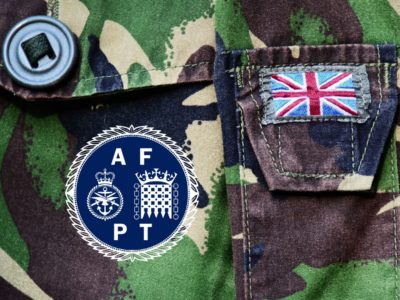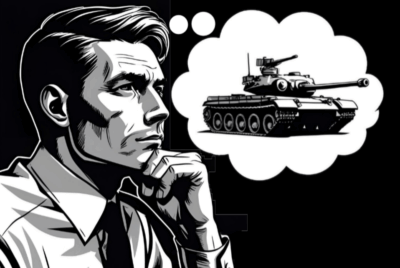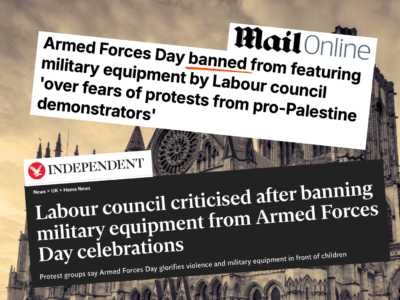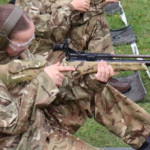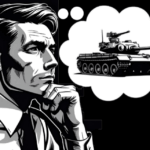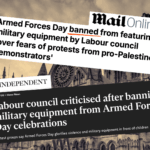Warrior Nation – how the power of the military challenges British democracy
The report – Warrior Nation: war, militarisation and British democracy by Professor Paul Dixon and published by ForcesWatch – examines the relationship between recent conflicts and the wider power of the military in society and over UK politicians. (3)
The report is published in the run up to Armed Forces Day (30 June) when hundreds of events will take place around the country.
Armed Forces Day was established in 2009 as part of the ‘militarisation offensive’ as one of many initiatives to seek to make the armed forces more visible in civil society and to generate public support for them, and the conflicts they are engaged in.
Other militarisation initiatives have included promotion of the ‘military ethos’ in schools, including the Cadet Expansion Programme, and the Armed Forces Community and Corporate Covenants with aim to generate support for both armed forces personnel and military institutions.
The report argues that the idea of the Armed Forces Covenant – a moral contract between British society and the military – was ‘invented’ in order to progress it into legislation and promote military interests in wider society.
It includes an analysis of how the military actively pushed for escalation of Britain’s involvement in the wars in Iraq in 2003 and Afghanistan from 2006 but then deflected responsibility for their failures onto politicians. This is also evidenced in the Chilcot report which details how the military ‘used its influence to exert pressure on Tony Blair’.
Warrior Nation details how successive governments have struggled to contain the power of the military and how senior military figures have broken with convention to publicly criticise Jeremy Corbyn, since his election as leader of the Labour Party in 2015.
The report will be launched at a public event on War, militarisation and British democracy on Monday 25 June. Speakers include Paul Dixon, Joanna Bourke – Professor of History and author of ground-breaking books on militarism in social culture – and Joe Glenton, who served in the British army before speaking out against the Afghan war. (4)
DETAILS
Warrior Nation: War, militarisation and British democracy by Paul Dixon is published by ForcesWatch on 25 June 2018.
See endorsements for the report and other information about it and the launch event is available.
ForcesWatch can be contacted on 020 7837 2822 or 07752 304113 or email press@forceswatch.net
The report will be launched on Monday 25 June, 7-9pm (doors open 6.30) at Friends House, 173 Euston Road, London NW1 2BJ.
NOTES
1. ForcesWatch is an independent organisation which questions the ethics of armed forces recruitment practices and challenges efforts to embed militarist values in civilian society. It focuses on the UK and is based in London.
2. The ‘Militarisation Offensive’ had four elements: 1. To transform strong public support for the troops into support for the wars they were fighting. 2. To promote a strong conservative, ‘Christian’ and assimilationist British nationalism over multiculturalism in order to fight the global, ideological war against ‘Islamism’. 3. To promote the power of the military and recruitment by militarising education and further increasing the prestige of the military in civilian society. 4. To increase the power of the military over politicians.
3. Professor Paul Dixon is an Honorary Research Fellow in the Department of Politics, Birkbeck College, University of London. He is also author of The British Approach to Countersinsurgency: From Malaya and Northern Ireland to Iraq and Afghanistan and many other books and articles on Northern Ireland, war and counterinsurgency.
4. Professor Joanna Bourke (Birkbeck College, University of London) and author of Wounding the World: How Military Violence and War-Play Invade Our Lives and An Intimate History of Killing; Joe Glenton, Veterans for Peace UK and author of Soldier Box: Why I Won’t Return to the War on Terror
See more: military in society,

